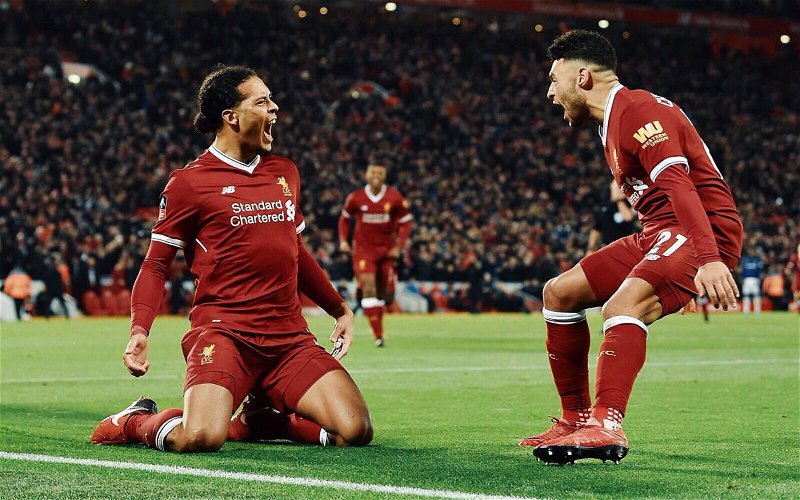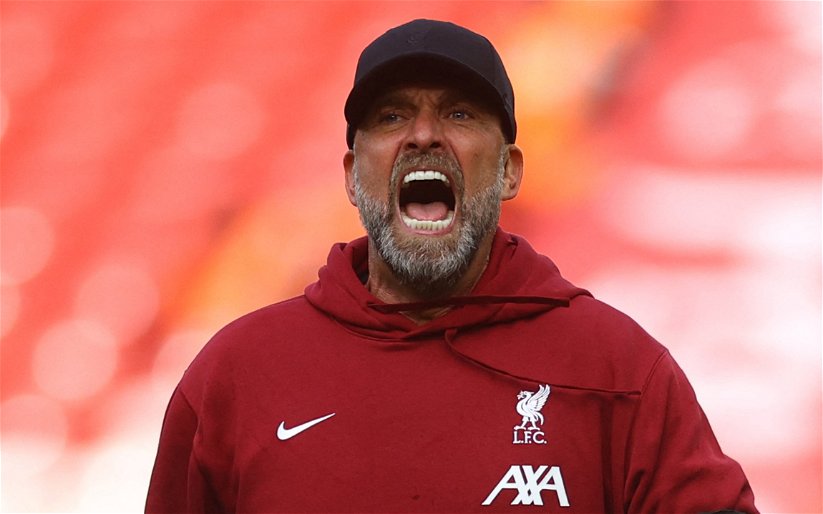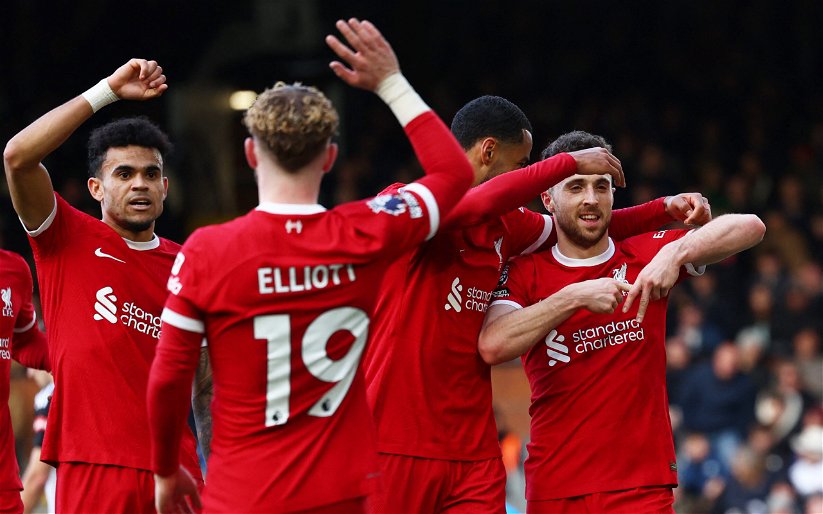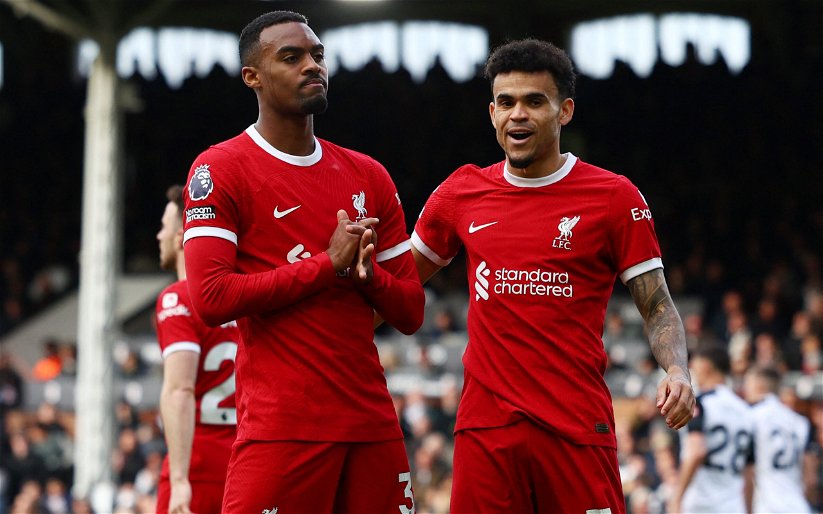Last season’s busy winter schedule was a nightmare for Jurgen Klopp and his shallow Liverpool squad. Burdened with injuries and departures from the likes of Philippe Coutinho and Sadio Mane, Liverpool crashed in January after already struggling in December. The loss of form cost the Reds any chance of the Premier League title and the domestic cups, as they were eliminated in the semi-finals of the League Cup to Southampton and the fourth round of the FA Cup to Wolverhampton Wanderers in January.
One year on, and though we are only a few days into January, Liverpool already appear in a better position compared with last season. Successive victories over the New Year at home to Leicester City and away to Burnley ensured Liverpool remain ahead of Tottenham Hotspur and Arsenal in the race for a top four spot and Champions League football.
Moreover, Liverpool only have three fixtures remaining in January, compared with nine last season. A heavily rotated Liverpool side lost to Leicester in the League Cup back in September, removing the chance of a trophy but opening up welcome breathing space during the punishing fixture list of the winter months.
Rotation has been key for Klopp thus far in his second full season at the club, as he bids to avoid burnout again halfway into this campaign.
Liverpool are not quite as relentless in their pressing, though remain intense in their style, playing quick football by dominating with a high line or counter-attacking from a defensive position. Nevertheless, if Klopp can squeeze every last ounce of efficiency out of his system without impacting its potency, then all the better for his players and their energy levels.
In order to rotate more regularly and effectively, Klopp needed a stronger squad at his disposal, and the German has hardly overhauled the playing staff since succeeding Brendan Rodgers in October 2015.
Four signings arrived in the summer – Andrew Robertson, Alex Oxlade-Chamberlain, Mohamed Salah and Dominic Solanke – to successfully improve Liverpool’s depth, although more work still needs to be done, with particular concern on strengthening Liverpool’s spine.
Should Klopp manage to emulate Rafael Benitez, who could count upon Pepe Reina, Jamie Carragher, Xabi Alonso, Javier Mascherano, Steven Gerrard and Fernando Torres when Liverpool were at their peak under the Spaniard in the Premier League, and possess a spine of similar quality, then Liverpool will quickly become a formidable force.
Klopp has already secured the one area that Benitez struggled to improve – the wide attackers. Salah and Mane petrify all Premier League defences, and who knows how Liverpool would have done in 2009 if the above duo were inserted into Benitez’s team.
All history now, but Klopp is on the verge of creating something special at Anfield. He needs time though.
Klopp has kept faith with a number of Rodgers’ players, despite their inconsistencies which has led to calls from many Liverpool fans to see a number of these players move on (see Dejan Lovren, previously Alberto Moreno and so on).
Klopp’s coaching skills are undeniable, but perhaps he has bitten off more than he can chew with those who defined Rodgers’ ultimate legacy at Anfield?
For too many years, the Reds have appeared mentally fragile in the biggest moments, especially since the club missed out on the Premier League title in 2014 in heartbreaking fashion against Chelsea and Crystal Palace.
Liverpool have not recovered since, though Klopp is trying.
Rodgers did not help by selling many of Liverpool’s leaders and strong personalities, such as Reina and Daniel Agger, while Carragher retired the year prior and Gerrard was slowly pushed out, resulting in the former Liverpool captain’s departure.
Liverpool’s performance against Aston Villa in the 2015 FA Cup semi-final against Aston Villa bordered on a disgrace, while Klopp realised the scale of his task at Anfield after some of the collapses in his debut season at the club, most notably the 2016 Europa League final against Sevilla.
Liverpool’s defensive problems add to the mental insecurity, as after one goal goes in both Liverpool fans and players immediately assume more will follow, with panic and nervousness quickly overriding focus and concentration.
However, Klopp is slowly improving matters in this department, dually improving the players at his disposal by upgrading through transfers and changing systems to improve stability and balance in the side (such as restricting the consistently rampaging full-backs).
Liverpool’s defence has improved, now only imploding once a month instead of every fortnight, emphasising both the progression and the challenge that still remains.
Liverpool’s reaction in both the Leicester and Burnley victories – coming from behind and surviving a late equaliser to score an even later winner respectively (another late winner also arrived against Everton in the FA Cup) – underlines that they are becoming a tougher nut to crack, and are no longer dictated to by the tidal wave of momentum, both positively and negatively.
Liverpool are beginning to control their own destiny, which, if combined with their improving transfer policy (although replacing Coutinho will be Klopp’s biggest transfer test), promises to be a recipe for future success, which would bury the burdens of both Liverpool’s illustrious and recent past.



